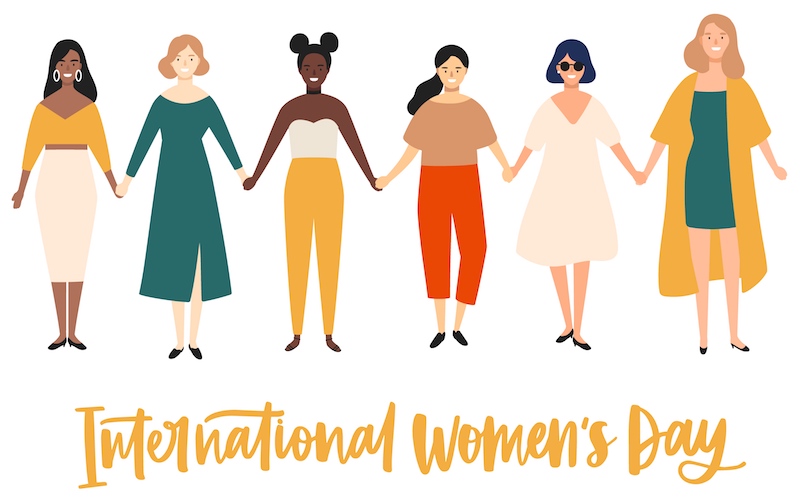By Sheila Walkington, co-founder and CFO Money Coaches Canada
 It’s been almost six months since phrases like; shelter-in-place, work from home, physical distancing, and social bubbles, have become part of the daily conversation. Wearing a mask in public started out feeling odd, but for most of us it’s become routine. But our ability to adapt doesn’t mean that anything about the COVID-19 pandemic has been easy.
It’s been almost six months since phrases like; shelter-in-place, work from home, physical distancing, and social bubbles, have become part of the daily conversation. Wearing a mask in public started out feeling odd, but for most of us it’s become routine. But our ability to adapt doesn’t mean that anything about the COVID-19 pandemic has been easy.
I think it is safe to say that every Canadian has been affected by this virus; physically, mentally, or financially. For the first few months we were all trying to get our equilibrium back; people were out of work, others were working from home, students were learning online, and only essential services were open. Life was very much about the present moment, and what would happen tomorrow. Most long term goals and plans were placed on hold.
But as we look for solid footing in this new normal, many Canadians are thinking a lot about the future and whether the things they valued only a few short months ago are the things they value today. And when your values change, very often your financial goals and priorities change along with them. Continue reading

 By
By  COVID-19 has rattled us to the core. It has threatened our health and taken lives. It has damaged our economy and taken livelihoods. It has physically kept us apart, yet we have pulled together. When this is over we won’t be the same. But maybe we can be better.
COVID-19 has rattled us to the core. It has threatened our health and taken lives. It has damaged our economy and taken livelihoods. It has physically kept us apart, yet we have pulled together. When this is over we won’t be the same. But maybe we can be better. We invest to secure our future, and for years that predominantly meant securing our financial future. With that end in mind, a significant criterion for choosing an investment was its financial performance. But for many investors, there has been an evolution of what securing our future actually means.
We invest to secure our future, and for years that predominantly meant securing our financial future. With that end in mind, a significant criterion for choosing an investment was its financial performance. But for many investors, there has been an evolution of what securing our future actually means.


 Buying a home, especially for first time buyers, has become increasingly challenging over the last decades. In 1985, according to the Toronto Estate Board, the average home in the city sold for $109,094 and the average Torontonian was earning $31,956. That’s means if you put your entire salary towards a home, it would have taken you 3.4 years to pay it off in 1985.
Buying a home, especially for first time buyers, has become increasingly challenging over the last decades. In 1985, according to the Toronto Estate Board, the average home in the city sold for $109,094 and the average Torontonian was earning $31,956. That’s means if you put your entire salary towards a home, it would have taken you 3.4 years to pay it off in 1985.

